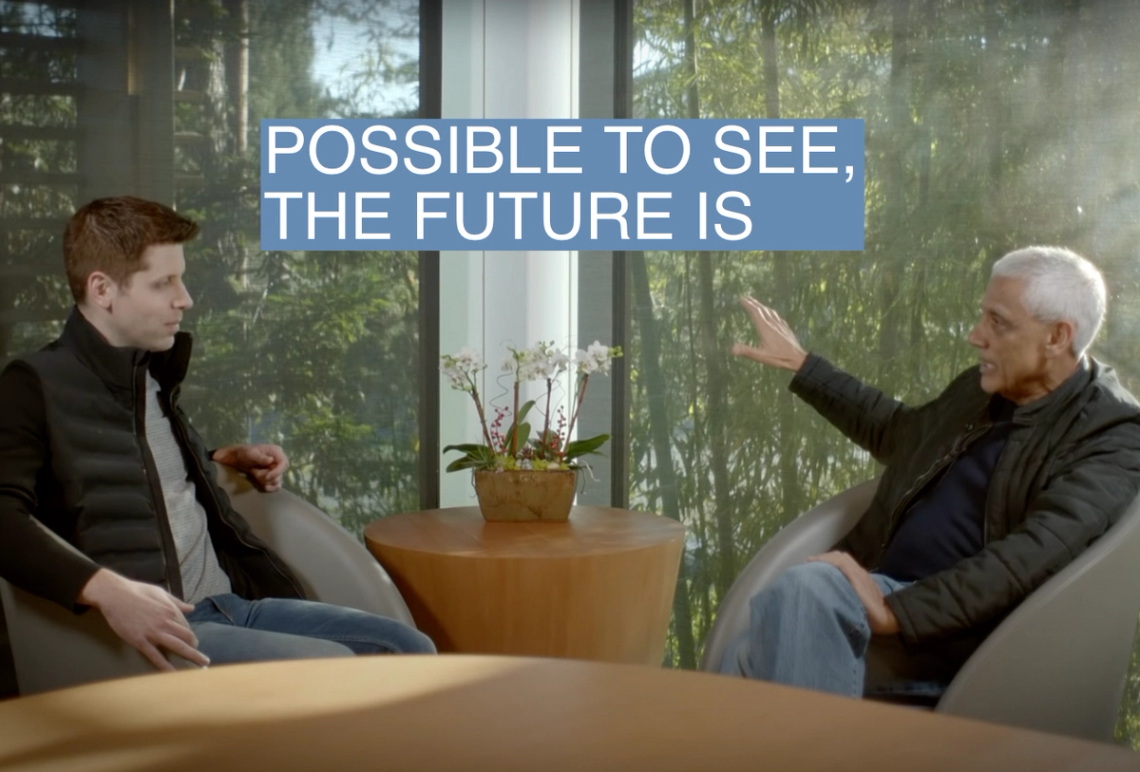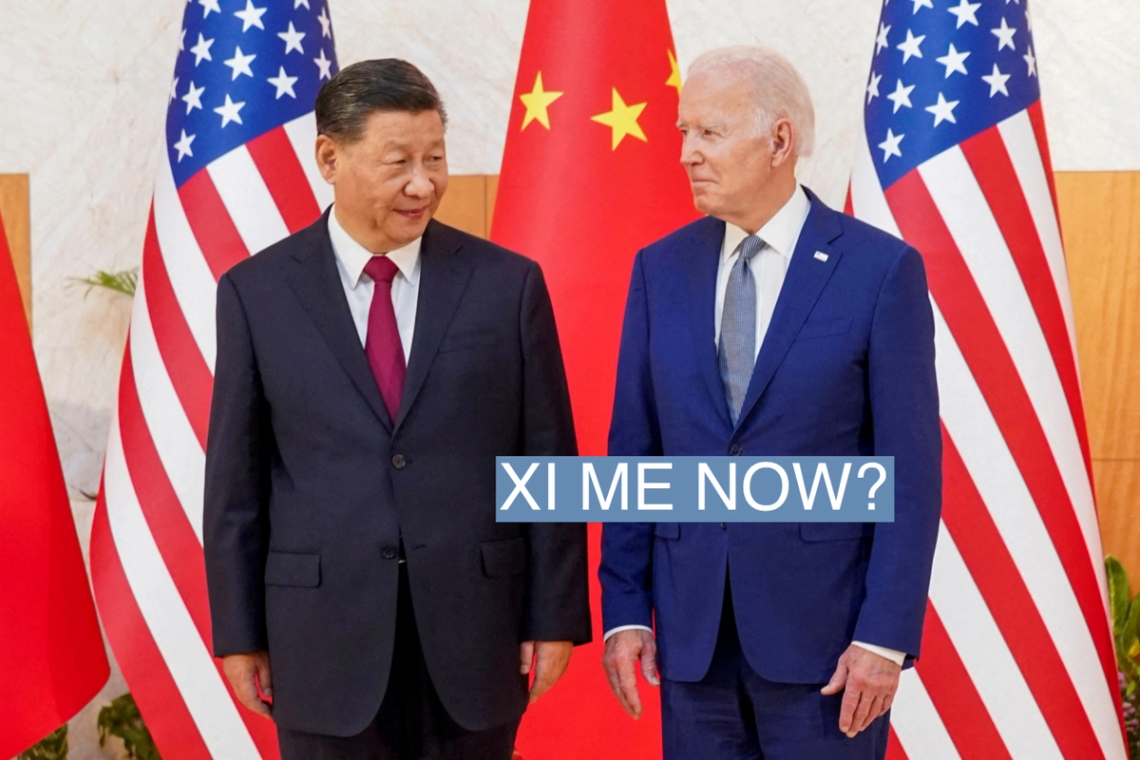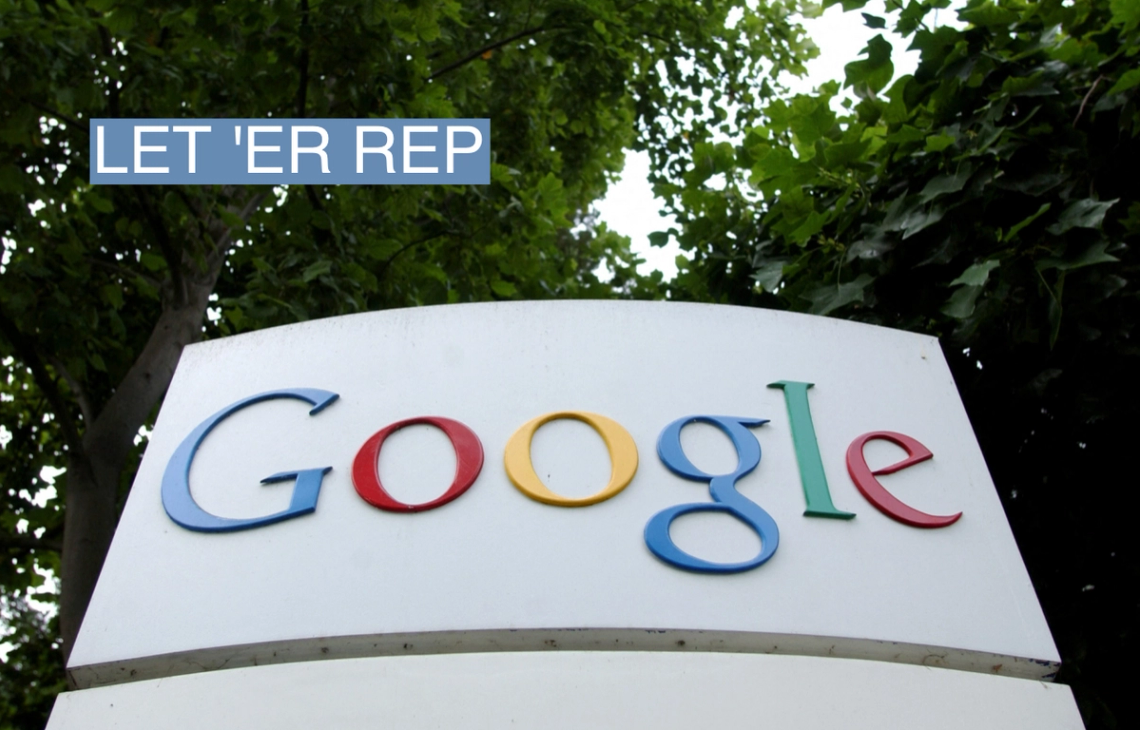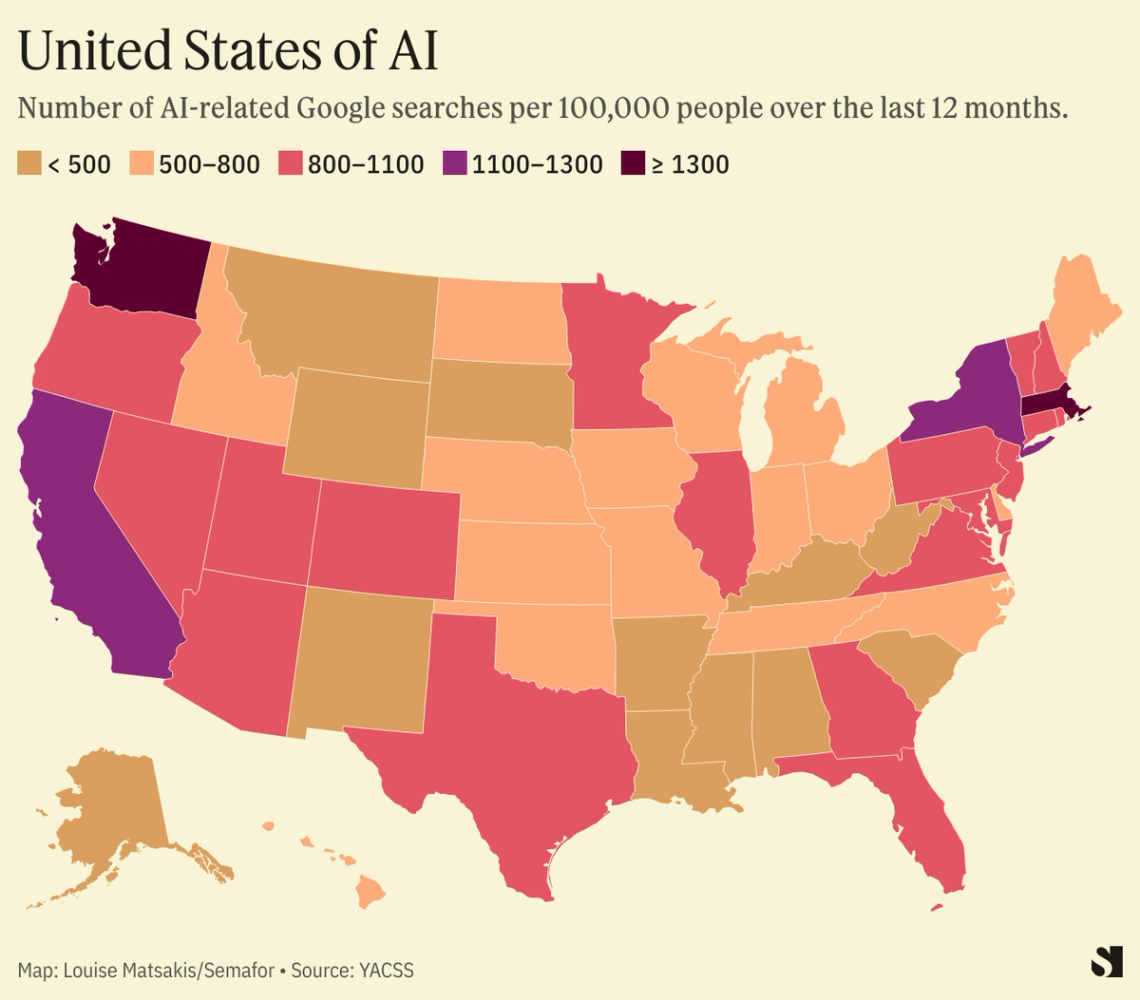 At nearly 70, Vinod Khosla is an elder statesman in Silicon Valley but he’s been on top of the most cutting-edge trends, including artificial intelligence. When ChatGPT-maker OpenAI decided to switch from a nonprofit to a private enterprise in 2019, Khosla was the first venture capital investor, jumping at the opportunity to back the company that, as we reported last week, Elon Musk thought was going nowhere at the time. Now it’s the hottest company in the tech industry. If you go back and read what Khosla wrote about artificial intelligence a decade ago, it sounds remarkably — even eerily— like what people are saying today. That kind of foresight is why he has had staying power in the tech industry. He created Sun Microsystems in 1982 (its programming languages like Java are still used today) and joined venture capital firm Kleiner Perkins in 1986, where he was an early backer of AMD, Juniper Networks, and Excite. He launched Khosla Ventures in 2004, where he’s been a leader in cleantech investing and has scored home runs on Impossible Foods, Instacart, and DoorDash. I spoke to him about a wide range of topics, including how he seemed to see our AI future so long ago. The following is an edited excerpt of our conversation. Q: In 2014, you were talking about AI helping you with creativity and other things that seem obvious now, but at the time sounded a little crazy. A: In January, 2012 — I know because I tore my ACL skiing the day before Christmas — I started writing because I had nothing else to do. I wrote a blog called “Do We Need Doctors?” I wrote another one called “Do we need teachers? That was my 25-year forecast and I still stick with it. I think it’ll happen a lot faster. By 2014, it was clear to me most media would be generated by an AI. In our 2017 fundraising deck, we used the term “synthetic media” — which is now DALL-E. Five years ago we invested in this company called Splash in Australia. This sounds ridiculous, especially five years ago, but the founder said to me, ‘I want a top 10 music hit, produced by me, composed by AI, the instruments by AI, sung by an AI. No humans touching the music.’ It sounds inconceivable, but I could see why AI would generate media. There was a term called style transfer. You take a photograph. Can I turn it into Picasso’s style? Could you do my portrait in the Mona Lisa style? This idea of transferring the style from an artist or a painter, it was highly probable it would evolve to more and more capability. Q: Transformer models (the models used to create DALL-E and ChatGPT) hadn’t even been invented yet. A: But new models were being invented all the time. Which ones would be a quantum jump? I didn’t know, but I did know the following: The best talent out of every university was going into AI. And AI was making quantum leaps. Q: You were the first venture investor in OpenAI. You talk a lot about judging founders by how much they change and their ability to adapt and grow quickly. How has Sam Altman changed since you invested? A: There’s a part of Sam people don’t know. He’s working on AI. He’s also working on fusion in a company called Helion. I’m working on Commonwealth Fusion, a competitor to Helion. We both agree and we’ve talked about it. AI is really, really important to the world and fusion’s really important. The common part is we are working on important problems that would make the world a lot better if they worked. So in some sense, the probability of success almost doesn’t matter because if it’s successful, it’s transformative to the world in a very Nassim [Nicholas] Taleb [author of The Black Swan: The Impact of the Highly Improbable] sense. It’s 1x your money downside and huge upside that is societally transformative. And that’s what Sam cares about and that’s what I care about. Q: But it was a non-profit right before that. What do you think of the criticism from some people like Elon Musk? A: Sam was looking for other ways. He cared about the mission and what AI could do for humanity. It was clear it was going to become expensive and you needed a lot more money. Google could afford to do it. And the Chinese could afford to do it. Q: In other words, you saw this as a geopolitical issue, too? A: I’ve always thought it’s a huge geopolitical issue. In 25 years, 80% of all jobs will be capable of being done by an AI. This large transformation is the opportunity to free humanity from the need to work. People will work when they want to work on what they want to work on. That’s a utopian vision. But getting from here to that utopia is really disruptive and it is terrible to be the disrupted one. So you have to have empathy for whoever’s being disrupted. And the transition is very messy. It hurts people, hurts lives, destroys lives.  Reuters/Kevin Lamarque Reuters/Kevin LamarqueQ: If China develops AI first, what is the world that we end up living in? A: Whoever wins the technology race in 20 years is up for grabs. The Chinese Communist Party’s most recent five-year plan commits to dominance in AI. These are asymmetric technologies. A country like Rwanda can’t afford to have their own AI. Even Brazil can’t afford to have their own AI. Whether Western values win the technology race and hence the economic race will determine what political philosophy is dominant on the planet. It’s higher stakes than a war or a cyber war, and that bothers me. I do want us to be sensitive to the fact that a couple of these technologies — AI being a dominant one and I think fusion is like that — will determine whether in 2050 we are looking at Western values increasing in the world or Chinese values increasing. They have a very different political philosophy. I’m not critiquing their philosophy. I just don’t want it to win. Q: That’s a critique in itself I guess. You’ve also talked about the need for fundamental research. Typically that’s a government role. What role do the VCs play versus the government in this race? A: Fundamental research is important. Germany has some of the best research. Cambridge in the UK is great at research. In Japan, there’s really good research. They’ve not been able to commercialize it and turn it into societal impact [at the same rate that you see in the U.S.]. Pat Brown [Founder of Impossible Foods] took a bicycle from Stanford, came to our office, and said: “I want to change animal husbandry on the planet.” We worked with him on starting the whole thing that is now called plant proteins. That is the venture community’s traditional role. Q: I sometimes wonder why people in SIlicon Valley are not bigger cheerleaders of government-funded research. Instead, there’s sort of this anti-government vibe. A: There’s a vocal constituency that is anti-government. It’s not the majority of tech. Just like Trump voters aren’t the majority of voters. But they’re louder. And the press likes to amplify either Trump or AOC [Alexandria Ocasio-Cortez], but not Mark Warner, who’s sitting in the middle sort of being sensible. Fundamental research is key. Bob Mumgaard, who’s the founder and CEO of Commonwealth Fusion Systems, wasn’t an entrepreneur when I met him. He was a senior research fellow at the MIT Plasma Science and Fusion Center. This is why fundamental research is so critical — so people like me can come along and say, boy, I’d like to fund that. Let’s try and start a company. Q: You’ve talked a lot in the past about what makes a good venture capitalist. It seems we got to really see what VCs were made of recently when Silicon Valley Bank was collapsing and a lot of companies didn’t know whether they’d be able to make payroll. Any takeaways? A: Unless you have been through the experience, you have no empathy for founders. And you don’t know how to advise an entrepreneur because it’s almost like academic advice, if you don’t know the reality of being an entrepreneur and all the internal pressures. Bring it to the [run on SVB] and the number of VCs who hid and said nothing. If you had empathy, the answer was obvious. It didn’t cost you that much to be supportive versus, ‘oh, I can now get more, put more money in the last round’s price,’ which is so common. Jefferies coming out saying, we’ll buy your bank balance for 60 cents on the dollar. You know, that just galled the hell out of me. | 








